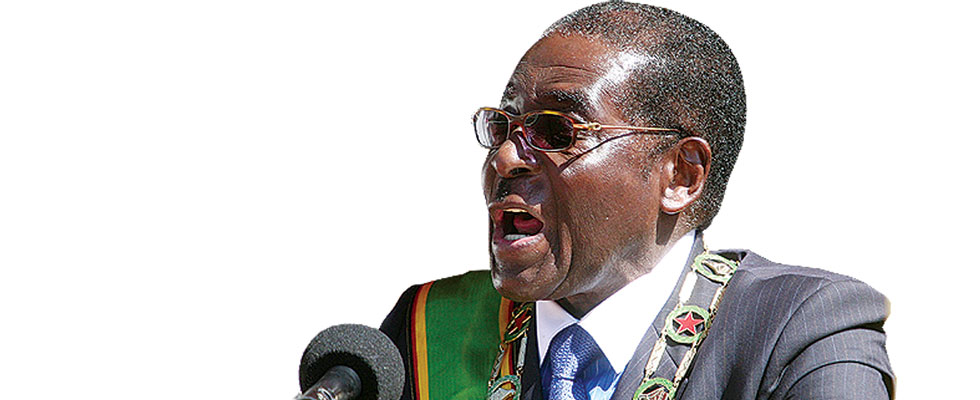
Once again our country must extend the begging bowl to save its people from starvation. Once renowned as Africa’s breadbasket, Zimbabwe has reduced itself to a basket case, perennially begging for food — millions of its citizens depend on food handouts like destitutes.
NewsDay Editorial
True, drought and uneven weather patterns have been attributed to this grim state of affairs. But we are being fed by countries like Zambia and Malawi — countries that history will tell you used to feed from our trough year in and year out.
The once proud Zimbabwe is now top priority subject of the World Food Programme (WFP) — not as a benefactor of regional starvation as it used to be just over a decade ago in 2000 and before — but as a desperate beneficiary of food handouts.
On Monday, the WFP issued a grave statement over the state of the food situation in Zimbabwe. An estimated 2,2 million people in this country, a quarter of our rural population, will need food donations in order to survive between now and the next harvest, around April/May next year.
Part of the reasons for this looming food crisis besides bad weather is the unavailability and high cost of agricultural inputs such as seed and fertilizers.
Which is why Zimbabwe’s regional neighbours have managed food self-sufficiency — even affording excess to give to hungry Zimbabweans — despite sharing the same adverse weather conditions. The economies of these countries are stable — good enough to ensure adequate supply of agricultural inputs to their stable agricultural sectors where real farmers occupy good farmland and utilise it optimally.
So what really went wrong with Zimbabwe’s agriculture that has transformed the country into destitution? Government estimates that food production has gone down to half of what it was in 2000. The year 2000 is the year that Zimbabwe embarked on the fast-track and violent land reform programme which saw thousands of professional farmers losing their land in chaotic land grabs that swept the country like a veld fire.
- Chamisa under fire over US$120K donation
- Mavhunga puts DeMbare into Chibuku quarterfinals
- Pension funds bet on Cabora Bassa oilfields
- Councils defy govt fire tender directive
Keep Reading
Many of the dispossessed farmers ran to Zambia where the government there embraced them and gave them land to produce food for the country. That is the food Zimbabwe must rely upon to feed its own people.
There is no objection to the principle behind the redistribution of land to correct historical imbalances — none at all, but the emotional and senseless manner in which our government encouraged the land takeovers is the reason why we must pay the price today.
Besides the disorganised and violent manner in which the land was seized from “non-indigenous” farmers, the redistribution of the grabbed land left a lot to be desired. The land was doled out along party lines — to anybody that claimed to have gone to war or able to chant the party slogan the loudest — regardless of the fact that these people had no idea what farming was all about.
In short, Zimbabwe is paying the price of its political actions.











